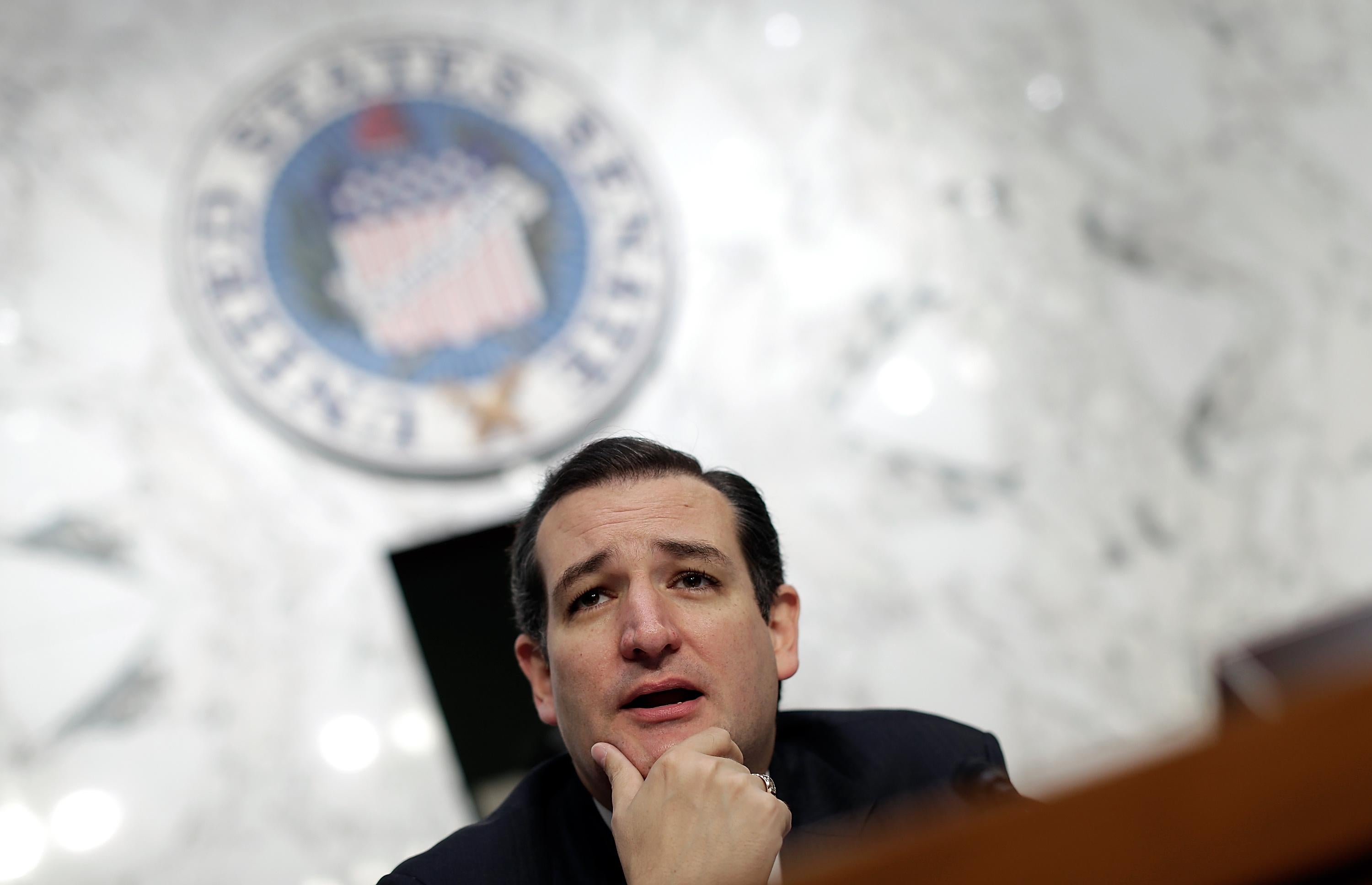Matthew Yglesias is on vacation.
What do Americans do when political dysfunction becomes commonplace? Like every other set of not-completely-irrational actors, they adjust. Or they buy a car.
The latter appears to be what analysts are expecting, according to Reuters.
The first government shutdown since 1996 undoubtedly did damage to the economy. A number of companies, from eBay to Walmart, said the shutdown impacted them. According to MoneyWatch, Southwest Airlines’ CFO said the shutdown “cost the company about $20 million in revenue.” For total cost, the number $24 billion has been thrown out a lot. Worse, it did incalculable human damage.
But Reuters is reporting that analysts expect tomorrow’s auto sales to be up 12 percent. Alec Gutierrez explained the somewhat surprising news: “The expectations were that car buyers would wait on the sidelines, but because of pent-up demand and credit availability, car sales are expected to increase 7 percent from last month.”
Weird numbers are a way to make good predictions. One reason is that they avoid meta economic effects. A stock’s price is, of course, less about the value of a company than it is a reflection of what everyone else—that is, the market—thinks the company is worth.
The desire to escape such influences pushes some clever analysts pretty far out. One produces a “vice index” that, he tells the Wall Street Journal, “has an 88 percent correlation to personal consumption figures – and a four-month lead time.” The index incorporates escort services data.
This isn’t to say customer confidence is high. Some context, courtesy of a Bloomberg report from earlier today: “The Bloomberg consumer comfort gauge has declined 9.5 points since Sept. 22. In the period around the first of two 1995-96 government shutdowns, that lasted five days in November 1995, the index fell 5 points. During the second, the measure lost 8 points, half of them in the two weeks after the 21-day shutdown ended Jan. 6, 1996.”
But surveys aren’t as good as real numbers (for those interested, Bloomberg’s methodology is here). Paul Eisenstein is a wonderful person and dug up some relevant numbers from the previous shutdown: “Automakers did feel some impact the last time there was a partial government shutdown – for a week in mid-November 1995 and then from December 16 through January 6, 1996 – sales falling 3.2 percent in December 1995 and 2 percent for the entire year.” That’s a pretty stark contrast from the numbers analysts are hoping for.
If tomorrow’s figures look like the projections, it would shed a lot of light on how Americans are adapting to the still-persisting norm of economic brinksmanship in politics. Since it’s easier to claim you’re uncomfortable than it is to put off buying a truck, I think the latter says more about American confidence.
